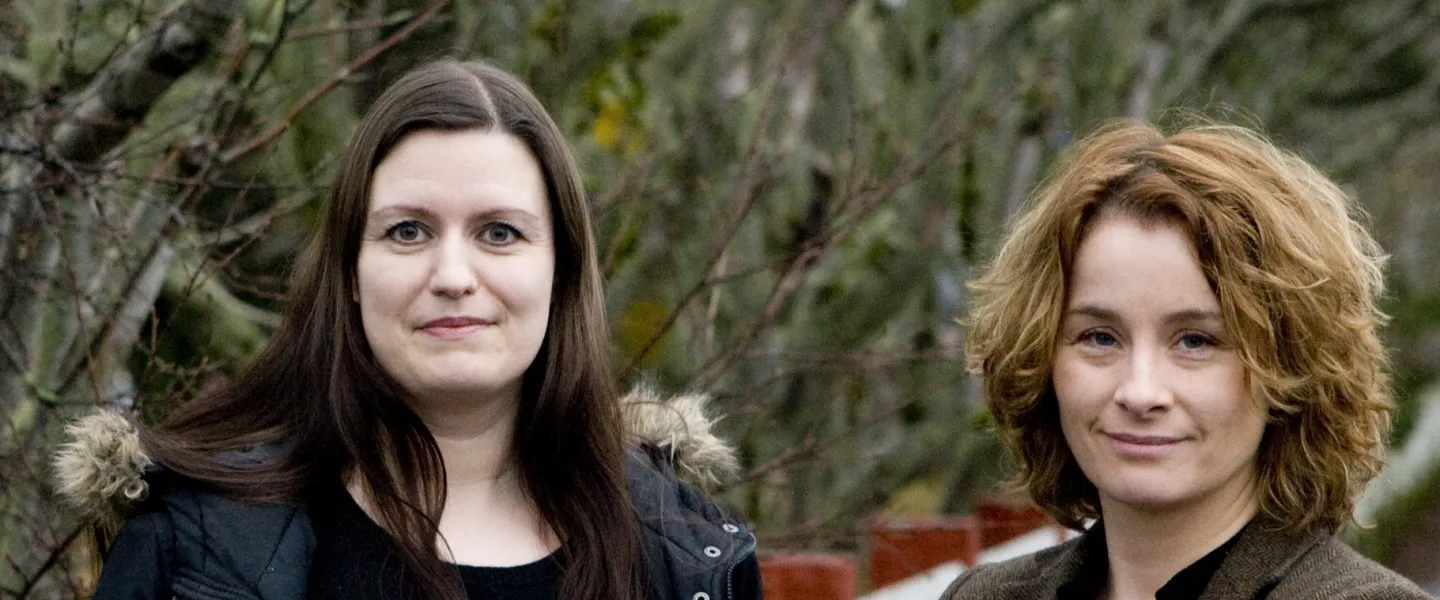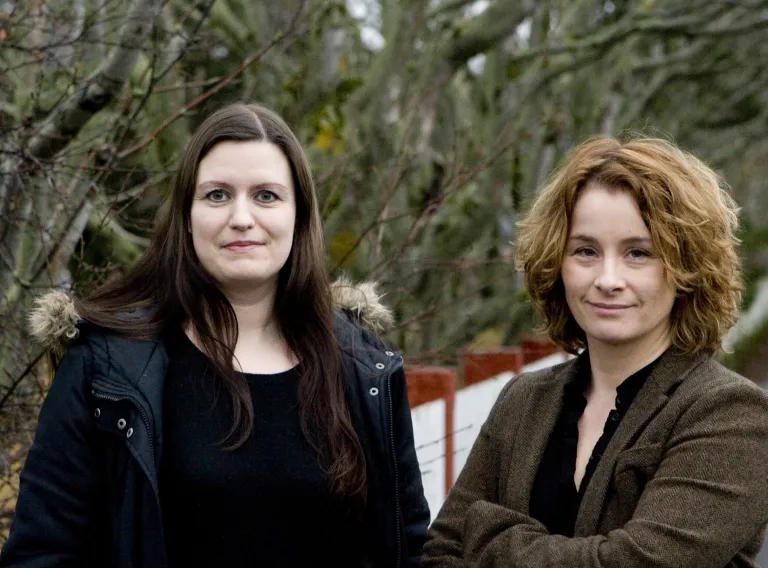
“I find it both worthy and pressing to examine why we do not respond to the environmental crisis in a more responsible manner. The United Nations has even issued a decree stating that the environmental crisis is one of the biggest challenges mankind has ever faced,” says Ragna B. Garðarsdóttir, Assistant Professor at the Faculty of Psychology.
She is currently working with Erla Hlín Helgadóttir, Master student in Environment and Natural Resources, on a questionnaire to evaluate the judgement errors and other fallacies that discourage a responsible position in environmental affairs or what is known as environmentally responsible behaviour. “I wrote my BA thesis in Psychology under Garðarsdóttir’s supervision and was very interested in continuing to work with her.” Human behaviour is an exciting subject and these studies combine psychology and environmental science in an interesting way,” says Helgadóttir.
Garðarsdóttir says that such judgement errors which occur when people brush off the problems they face have sometimes been called psychological obstacles. “Human thought is full of errors that enable us to wave aside difficult and threatening information. This is often convenient and protects the individual in a manner of speaking, but it can also lead to neglecting an imminent threat; similar to what happened in the events leading up to the economic crash. We now face a much more dire crisis, the crises of eco-systems, but still people are reluctant to try to avoid it.”



